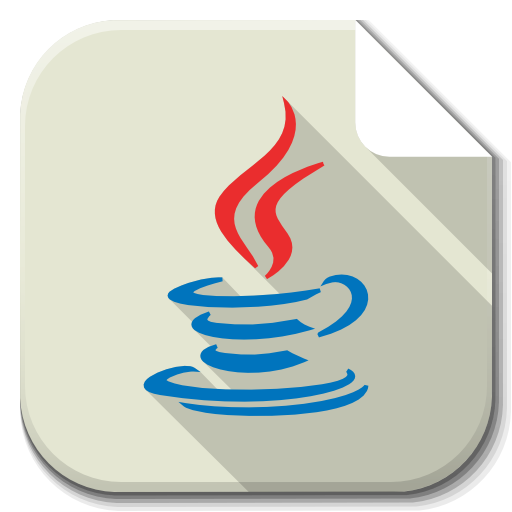Career Cuppa Knowledge Philosophy Work Download PNG

PNG Name: Career Cuppa Knowledge Philosophy Work
Rating: 4
Size: 32.7KB
Views: 819
Resolution: 512x512
Total Downloads: 444
Date Added: 12-11-2022
Format: PNG image with alpha transparent
License: Free for personal use only | Creative Commons (CC BY-NC 4.0)
Career Cuppa Knowledge Philosophy Work PNG Image has a transparent background. Career Cuppa Knowledge Philosophy Work PNG has resolution of 512x512 pixels and is of size 32.7KB. Career Cuppa Knowledge Philosophy Work belongs to Learning and Java PNG Categories.
Java is a widely-used programming language that was created in the mid-1990s by James Gosling and his team at Sun Microsystems. It was designed to be a portable, object-oriented language that could be used to develop applications for a wide variety of platforms, from desktop computers to mobile devices. Since its introduction, Java has become one of the most popular programming languages in the world, used by developers to create everything from simple mobile applications to complex enterprise systems.
One of the key features of Java is its "write once, run anywhere" philosophy. This means that code written in Java can be compiled into platform-independent bytecode, which can then be run on any device that has a Java Virtual Machine (JVM) installed. This makes it easy for developers to create applications that can run on multiple platforms without having to rewrite the code for each one.
Java is also known for its robustness and security. Its object-oriented design makes it easy to write complex applications with large code bases, while its built-in memory management system helps prevent common programming errors like memory leaks. Additionally, Java's "sandbox" security model provides a layer of protection against malicious code by restricting the actions that a Java program can take to a predefined set of operations.
Another key aspect of Java is its extensive library of pre-built components and frameworks. These libraries provide developers with a wide range of tools for building everything from graphical user interfaces to networked applications. The Java Standard Library (JSL), for example, includes classes for working with data structures, input/output, networking, and more, while popular frameworks like Spring and Hibernate provide additional functionality for building web applications and accessing databases.
Java is also a popular choice for developing mobile applications. While Android, the world's most popular mobile operating system, uses a variant of Java known as Android Java, the underlying language and development environment are largely the same as those used in traditional Java development. This means that developers who are familiar with Java can quickly learn how to develop for Android, and vice versa.
In conclusion, Java is a powerful and versatile programming language that has become an essential tool for developers across a wide range of industries. Its portability, security, and extensive libraries make it a popular choice for developing everything from mobile applications to enterprise systems, while its object-oriented design and memory management system help prevent common programming errors. Whether you're just starting out as a developer or have years of experience under your belt, Java is a language that is worth learning.
One of the key features of Java is its "write once, run anywhere" philosophy. This means that code written in Java can be compiled into platform-independent bytecode, which can then be run on any device that has a Java Virtual Machine (JVM) installed. This makes it easy for developers to create applications that can run on multiple platforms without having to rewrite the code for each one.
Java is also known for its robustness and security. Its object-oriented design makes it easy to write complex applications with large code bases, while its built-in memory management system helps prevent common programming errors like memory leaks. Additionally, Java's "sandbox" security model provides a layer of protection against malicious code by restricting the actions that a Java program can take to a predefined set of operations.
Another key aspect of Java is its extensive library of pre-built components and frameworks. These libraries provide developers with a wide range of tools for building everything from graphical user interfaces to networked applications. The Java Standard Library (JSL), for example, includes classes for working with data structures, input/output, networking, and more, while popular frameworks like Spring and Hibernate provide additional functionality for building web applications and accessing databases.
Java is also a popular choice for developing mobile applications. While Android, the world's most popular mobile operating system, uses a variant of Java known as Android Java, the underlying language and development environment are largely the same as those used in traditional Java development. This means that developers who are familiar with Java can quickly learn how to develop for Android, and vice versa.
In conclusion, Java is a powerful and versatile programming language that has become an essential tool for developers across a wide range of industries. Its portability, security, and extensive libraries make it a popular choice for developing everything from mobile applications to enterprise systems, while its object-oriented design and memory management system help prevent common programming errors. Whether you're just starting out as a developer or have years of experience under your belt, Java is a language that is worth learning.














